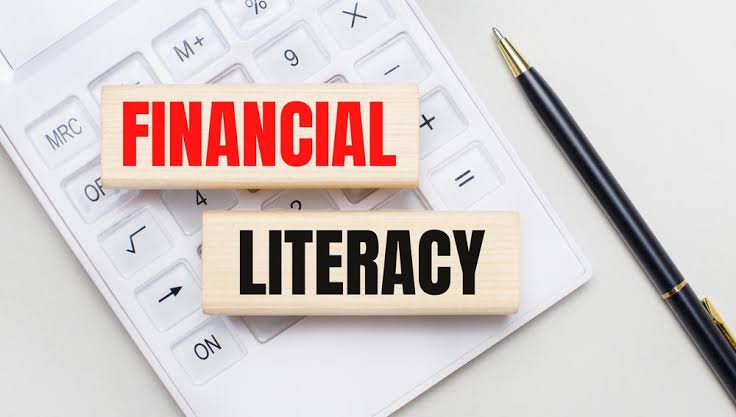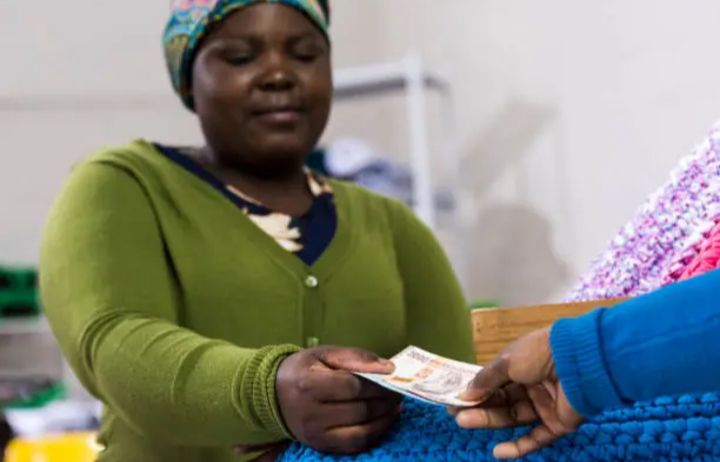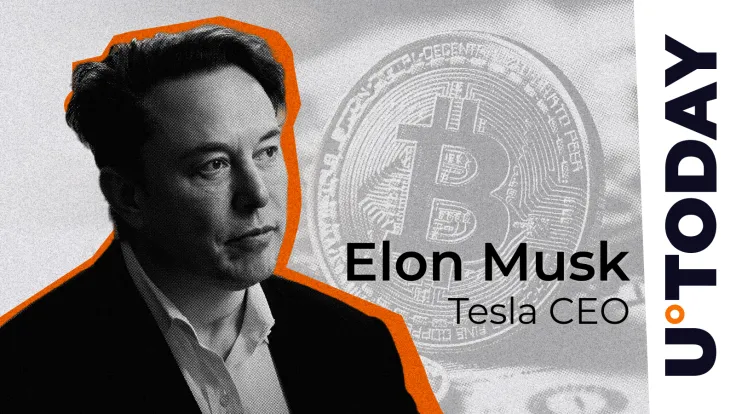Financial Literacy Isn’t a Luxury—It’s Survival

INTRODUCTION: Counting Coins, Not Just Dreams
Across Africa, millions of young people step into adulthood with degrees but no financial direction. They know how to solve equations, defend dissertations, and build CVs, but not how to file taxes, avoid loan traps, or budget for rent. And it begs the question:
Why are so many young Africans unprepared for money management in a world that demands financial savviness to survive?
In a continent where youth unemployment, inflation, and economic instability are the norm, financial literacy isn’t a luxury—it’s survival. It’s the difference between drowning in debt and building a future between living paycheck to paycheck and finding some form of freedom.
Defining Financial Literacy
Financial Literacy isn’t about mastering Wall Street or owning a portfolio of foreign assets. In the simplest terms, it’s about understanding how money works and how to make it work for you.
It includes basic but essential skills like:
Budgeting: knowing how to plan your income and control your spending.
Saving: putting aside money for emergencies or future needs.
Investing: understanding risk, returns, and how to grow wealth over time.
Debt management: learning how to borrow wisely and repay without drowning.
Navigating financial systems: from mobile banking to taxes, insurance, and pensions.

Photo Credit: Istockphoto
It's everyday knowledge that helps people avoid payday loans, survive inflation, negotiate salaries, and even protect themselves from scams. And perhaps most importantly, it’s not exclusive to the wealthy.
According to the World Bank, fewer than 40% of adults in sub-Saharan Africa are considered financially literate, with women and youth facing the largest knowledge gaps. The OECD has also warned that without widespread financial education, people are more vulnerable to fraud, economic shocks, and long-term poverty.
In today’s economy, ignorance isn’t bliss—it’s a trap. Financial literacy isn’t about being rich—it’s about being armed with knowledge.
The African Reality: Money Without Mentorship
In many African homes, money is handled but rarely discussed. Children watch their parents juggle bills, hustle multiple jobs, or navigate financial strain but there are no actual conversations about it.
Culturally, money is often treated as a taboo topic, something too sacred or too shameful to talk about openly. Some parents believe that discussing income with their children is disrespectful. Others avoid the topic out of fear, pride, or the belief that "children should focus on school, not money."
As a result, many young Africans are raised with money in the house but without mentorship at home.
This silence has consequences. A large percentage of African youth enter adulthood financially naive, vulnerable to predatory loan apps, unable to build savings habits, and unprepared to manage responsibilities like rent, black tax, or even emergency expenses.
According to a report in South Africa, a large percentage of millennials reportedly live in debt cycles, with many struggling to escape due to poor early financial education.
Without guidance, many young people repeat cycles of mismanagement they barely understand. They dream big but plan small, not from laziness, but from lack of exposure.
Because when money isn’t talked about at home, it becomes a teacher on the streets, and that lesson often comes too late.
Youth, Income & The Influencer Economy
Today’s African youth aren’t just managing money—they’re managing expectations curated by social media. Spending has now become a performance. It’s not just about what you have, it’s about what you show. And for many young Africans earning modest incomes, the pressure to keep up is quietly wreaking financial havoc and prompting impulsive habits like:
Buying phones is worth several months’ salary.
Impulse shopping during online sales.
Sports betting as a hustle plan.
Investing in crypto schemes without doing proper research.
This “flex culture” often encourages young people to prioritize appearance over actual financial stability. Peer pressure, powered by algorithms, has turned money into a tool for validation rather than value. And in the rush to “level up,” many fall behind, trapped by the very image they’re trying to maintain.
Until financial literacy becomes part of the culture, fantasy will keep hijacking the future.
The Consequences Of Financial Illiteracy
When young people step into adulthood without basic financial knowledge, the results aren’t just inconvenient; they’re often devastating.
One of the first traps many fall into is debt. From payday loans with crippling interest rates to digital lenders promising “quick cash” with hidden terms, financial illiteracy makes young Africans especially vulnerable. According to a 2023 report by Enhancing Financial Innovation & Access (EFInA), over 32% of Nigerian youth had borrowed from informal digital lenders in the past year, many without fully understanding repayment terms or interest structures.
With no emergency fund, a simple crisis, like a health issue, job loss, or family emergency, can spiral into long-term instability. Rent goes unpaid. School fees are delayed. Mental health suffers.
Then there’s the missed opportunity to build wealth. Many young adults don’t invest, not because they’re lazy or uninterested, but because no one ever taught them how. They shy away from savings accounts, mutual funds, or pension plans, not knowing which options are safe, or even how to begin.
Financial illiteracy doesn’t only delay dreams—it derails them. It turns potential into panic, and keeps people in survival mode long after they should be building.
And the amazing part? It’s entirely preventable.
Education’s Blind Spot: We Learn Everything Except Money
We spend years in school memorizing chemical formulas, solving complex equations, and reciting historical dates. Yet somehow, the one subject we face every single day, money, is left out of the curriculum.
It’s a painful irony: a graduate can explain the Pythagorean theorem but struggle to calculate compound interest. They can defend a thesis but can’t draft a personal budget. Despite the emphasis on academic excellence, financial literacy remains a significant blind spot in our formal education systems.

Photo Credit: Istockphoto
Most African education frameworks prioritize academic achievement over practical life skills. As a result, millions of students leave school unprepared to manage real-world financial responsibilities.
But what if we didn’t leave it to chance?
Religious institutions, community centers, and schools have an opportunity and a responsibility to fill this gap. Churches and mosques that preach prosperity can also teach budgeting. Secondary schools can introduce modules on saving, entrepreneurship, and personal finance. Universities can embed financial education into general studies or orientation programs.
The earlier young people understand money, the better their choices and futures will be.
Building Smart Money Habits Early
Financial literacy isn't a one-time lesson; it’s a lifelong habit. And the earlier it starts, the better the chances of building a stable, independent future.
Track Your Expenses
Knowing where your money goes is the first step toward taking control.
Learn to Budget
Create a simple budget. Budgeting isn't about restriction; it’s about intention.
Understand Needs vs Wants
You don’t have to give up all enjoyment, but learning to prioritize essentials over aesthetics is key.
Invest in Learning
Financial knowledge is everywhere. Start small with Podcasts, Books, and even YouTube videos.
Join Accountability Groups
Join Savings challenges and group check-ins to build consistency, and also build Investment club discussions
Money habits don’t have to be boring or lonely. Make it social, make it intentional, and make it yours.
Because the goal isn’t just to hustle, it’s to build something that lasts.
Financial Literacy = Economic Empowerment
Financial literacy isn’t just about personal gain; it’s about collective liberation. When young people understand how money works, they become harder to exploit, quicker to organize, and more likely to disrupt the cycles of poverty that have gripped generations.
A financially literate youth population is a stronger voting bloc, less swayed by short-term handouts or manipulated by promises that never deliver. It's a population that understands how economic policies affect their daily lives and demands better.

Photo Credit: Unsplash
Knowing money means knowing when a loan is predatory, when a business is sustainable, and when a policy is harmful. It means knowing when to say no to financial pressure from toxic traditions, and when to say yes to long-term security.
“Financial independence is freedom. Once you control your money, no one can control your life.”
CONCLUSION: Don’t Just Chase the Bag—Learn to Keep It
Everyone wants to "secure the bag", but what happens after it lands? Without the tools to manage, protect, and grow our money, chasing the bag becomes a cycle, not a solution.
This isn’t about glorifying wealth or shaming struggle. It’s about highlighting a truth that cuts across borders, bank balances, and backgrounds:
Money doesn’t solve all problems, but financial illiteracy guarantees more.
We must raise a generation that knows more than hustle culture. A generation that budgets with boldness, saves with intention, and invests with clarity. A generation that understands that wealth isn’t built in a day, but it starts with a decision.
“In today’s Africa, being financially literate isn’t a luxury—it’s the difference between barely surviving and building a future.”
So don’t just chase the bag. Learn to keep it, grow it, and pass it on.
You may also like...
When Sacred Calendars Align: What a Rare Religious Overlap Can Teach Us

As Lent, Ramadan, and the Lunar calendar converge in February 2026, this short piece explores religious tolerance, commu...
Arsenal Under Fire: Arteta Defiantly Rejects 'Bottlers' Label Amid Title Race Nerves!

Mikel Arteta vehemently denies accusations of Arsenal being "bottlers" following a stumble against Wolves, which handed ...
Sensational Transfer Buzz: Casemiro Linked with Messi or Ronaldo Reunion Post-Man Utd Exit!

The latest transfer window sees major shifts as Manchester United's Casemiro draws interest from Inter Miami and Al Nass...
WBD Deal Heats Up: Netflix Co-CEO Fights for Takeover Amid DOJ Approval Claims!

Netflix co-CEO Ted Sarandos is vigorously advocating for the company's $83 billion acquisition of Warner Bros. Discovery...
KPop Demon Hunters' Stars and Songwriters Celebrate Lunar New Year Success!

Brooks Brothers and Gold House celebrated Lunar New Year with a celebrity-filled dinner in Beverly Hills, featuring rema...
Life-Saving Breakthrough: New US-Backed HIV Injection to Reach Thousands in Zimbabwe

The United States is backing a new twice-yearly HIV prevention injection, lenacapavir (LEN), for 271,000 people in Zimba...
OpenAI's Moral Crossroads: Nearly Tipped Off Police About School Shooter Threat Months Ago
ChatGPT-maker OpenAI disclosed it had identified Jesse Van Rootselaar's account for violent activities last year, prior ...
MTN Nigeria's Market Soars: Stock Hits Record High Post $6.2B Deal

MTN Nigeria's shares surged to a record high following MTN Group's $6.2 billion acquisition of IHS Towers. This strategi...


